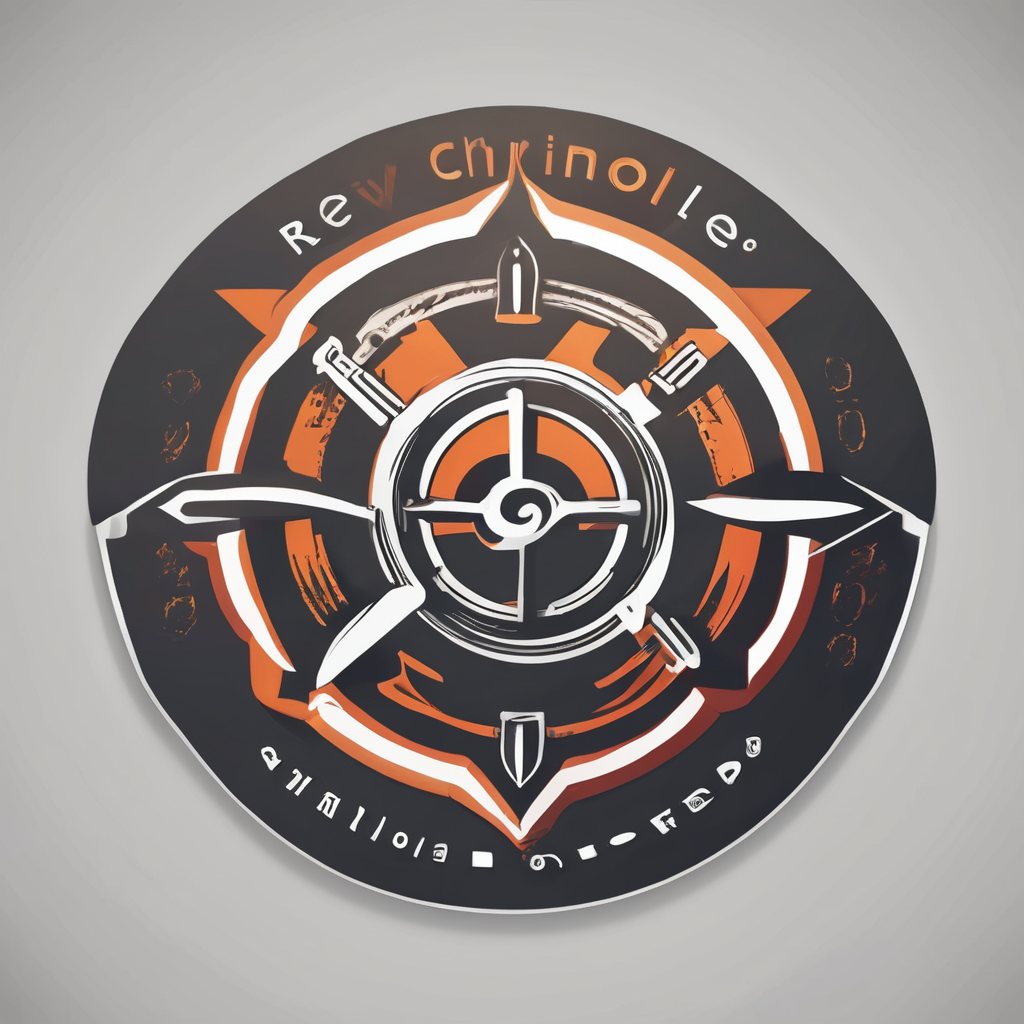Understanding the Impact of Bigger Wheels on Compact City Cars
Upgrading to bigger wheels on a compact city car influences multiple aspects of the driving experience, often bringing both benefits and risks. Wheel upgrade effects primarily alter the handling characteristics. Larger wheels can improve cornering stability by increasing the contact patch, yet they may also make the steering feel heavier, which requires more driver input in tight city maneuvers.
Braking performance is another critical area impacted. Bigger wheels, especially when paired with low-profile tires, can enhance braking grip due to a larger surface area. However, some setups might increase the rotational mass, reducing overall braking efficiency and extending stopping distances under certain conditions.
En parallèle : Ultimate Clutch Pedal Free Play Mastery: Your Complete Manual Transmission Adjustment Handbook
Ride quality typically changes with wheel size changes. Larger wheels with thinner tires usually deliver a firmer ride because there’s less tire sidewall to absorb road imperfections. This can lead to a harsher experience over potholes or uneven surfaces, which city drivers frequently encounter.
In summary, the wheel upgrade effects on compact car handling involve a trade-off: enhanced stability and aesthetics versus potential compromises in ride comfort and steering effort. Understanding these shifts is essential before committing to bigger wheels on a city car.
Dans le meme genre : Top Safety Protocols for Perfecting High-Performance Brake System Alignment
Safety Guidelines for Upgrading to Larger Wheels
When considering wheel upgrade effects, adhering to stringent safety tips is paramount to avoid compromising your car’s performance and safety. The wheel upgrade process begins with a thorough inspection of current wheel specifications and brake clearances to ensure compatibility. It’s essential to use a wheel installation checklist that includes verifying bolt pattern, offset, and tire size to prevent handling issues or mechanical interference.
During installation, alignment and torque settings demand close attention to maintain stability and braking efficiency. Incorrect wheel fitment can lead to vibration or stress on suspension components, undermining compact car handling. Professionals stress the importance of balancing wheels after fitting to minimize uneven tire wear and enhance ride quality.
Before starting, ensure hubs are clean and free of corrosion to promote secure mounting. It’s advisable to consult a certified technician for advice tailored to your vehicle, as improper installation can negate the benefits of bigger wheels and introduce new risks. Prioritizing these safety tips guarantees a successful upgrade that enhances driving enjoyment without sacrificing control or reliability.
Ensuring Compatibility and Legal Compliance
Ensuring wheel compatibility is critical when upgrading to bigger wheels on a compact city car. Begin by checking the wheel bolt pattern, offset, and diameter against your vehicle’s specifications. Ignoring these factors can cause poor fitment, leading to compromised handling or damage to suspension components. Consulting a detailed wheel installation checklist helps verify these critical measurements before purchase.
Certain car modifications might be necessary for larger wheels to fit safely. These include adjusting or upgrading brake calipers, modifying suspension components, or even trimming fenders to provide adequate wheel clearance. Proper fitment avoids rubbing against bodywork or suspension during turns and over bumps, preserving both performance and safety.
Legal issues surrounding wheel upgrades often relate to safety standards and vehicle registration. In many jurisdictions, changes must comply with manufacturer or local regulations to maintain roadworthiness and insurance eligibility. Not adhering to legal guidelines may void warranties or lead to fines, especially if the upgrade adversely affects vehicle dynamics.
In sum, understanding wheel compatibility, necessary car modifications, and legal issues safeguards both safety and legality during a wheel upgrade process. This ensures your bigger wheels enhance your car without unintended consequences.
Technical Considerations and Performance Adjustments
Upgrading to bigger wheels impacts several technical aspects critical to your car’s operation. One key concern is speedometer accuracy. Larger wheels increase the overall diameter and circumference, causing the speedometer to underestimate true speed. For example, if your new wheels are 5% larger in diameter, your speedometer reading will be about 5% lower than your actual speed. This distorts distance and speed measurements, which could mislead the driver and affect compliance with speed limits.
Tire fitment also plays a vital role in wheel upgrade effects. Larger wheels usually come with low-profile tires to maintain overall diameter, but this can limit sidewall flex and affect grip. Proper tire width and aspect ratio choices ensure that fitting bigger wheels does not cause rubbing against suspension components or wheel wells, which would otherwise damage the car and impair compact car handling.
Upgrading wheels influences the suspension system. Increased rotational mass and altered unsprung weight can stress suspension parts, requiring adjustments such as re-tuning dampers or springs to preserve ride comfort and vehicle control. Failure to adapt suspension settings can amplify the harsher ride associated with wheel size changes, making driving less comfortable and safe.
In summary, addressing speedometer accuracy, ensuring correct tire fitment, and tuning suspension are essential technical steps in a safe, performance-conscious wheel upgrade process.
Frequently Asked Questions for Wheel Upgrades
When tackling a city car wheel swap, drivers often ask: Does upgrading to bigger wheels impact safety? The answer is yes, but the effect depends on careful adherence to safety tips during the wheel upgrade process. Proper fitment and installation minimize risks tied to handling or braking performance.
Another common question is: Will bigger wheels increase maintenance costs? Larger wheels with low-profile tires can lead to faster tire wear and potential suspension stress, possibly increasing upkeep frequency. However, selecting wheels and tires optimized for your compact car reduces excessive maintenance.
Many wonder: Do wheel upgrades cause legal issues? Compliance with legal issues around wheel size is critical. Changes should align with manufacturer specifications and local regulations to avoid voiding warranties or facing penalties.
Lastly: How do bigger wheels affect daily driving? Most drivers notice firmer rides and heavier steering due to wheel size changes, impacting compact car handling. Yet, benefits include improved cornering grip and enhanced aesthetics.
Understanding these wheel upgrade FAQs helps drivers confidently weigh benefits against concerns when considering a wheel upgrade for city driving.
